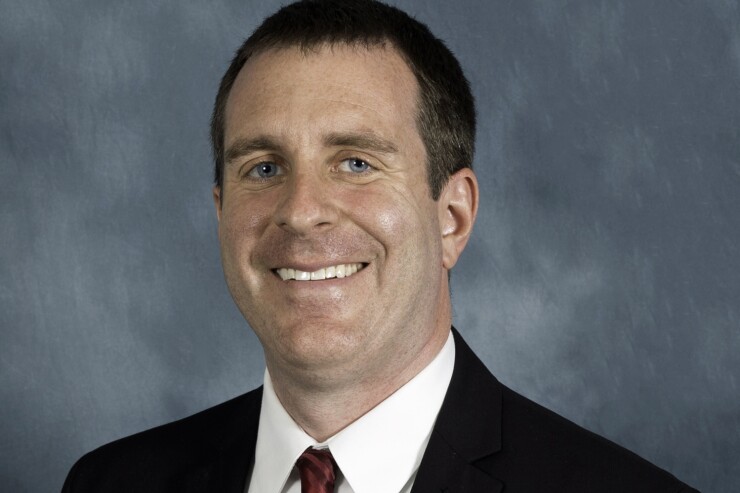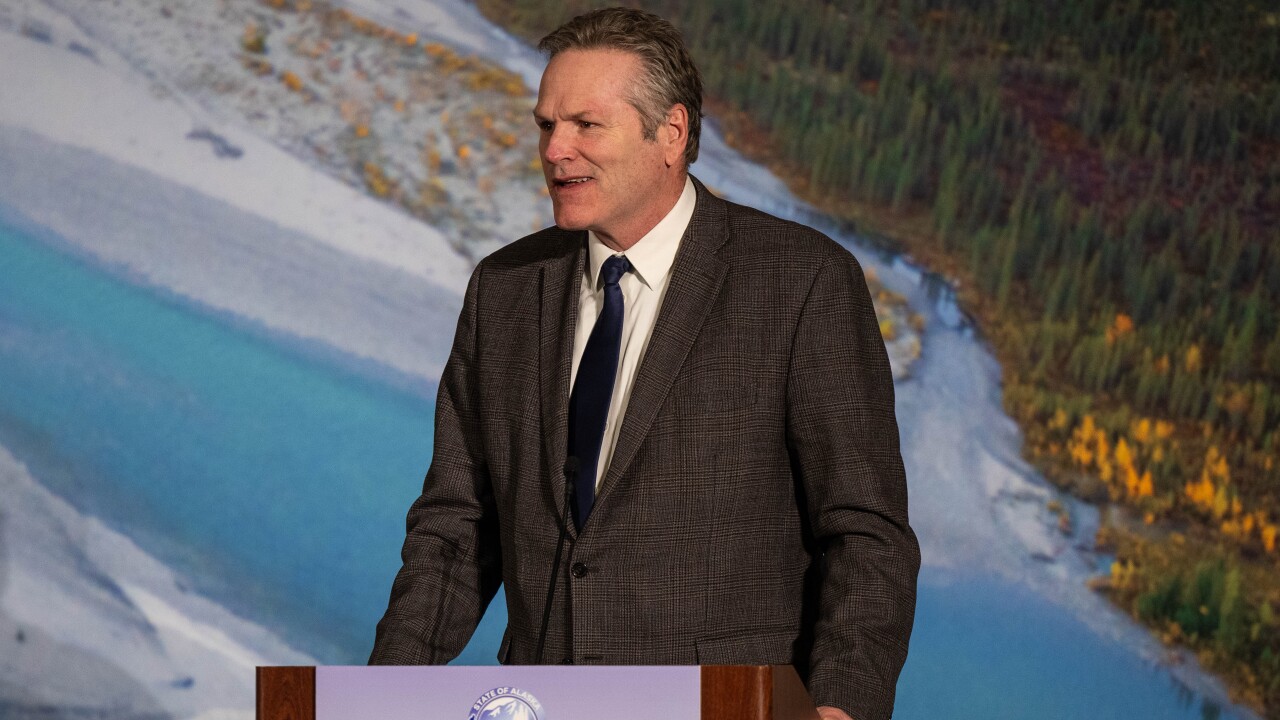Hawaii's first-of-its-kind per-mile fee for vehicles marks the latest and most extensive effort yet among states seeking to offset the fading fuel tax.
Signed into law by Gov. Josh Green last July, the law requires EVs to pay a per-mile charge or an annual fee by 2025 and will require all vehicles to pay a per-mile charge by 2033.
"It's a major, major step," said Barbara Rohde, executive director of the Mileage-Based User Fee Alliance. "It's the first mandate of the program anywhere in the country."
In Massachusetts, Gov. Maura Healey in January signed an order creating a task force to study replacements for the state's dwindling gas tax. Colorado has enacted a $0.27 retail delivery fee on all deliveries by motor vehicle, dedicating the revenue to transportation. Tennessee is turning to public private partnerships and tolled lanes. In all, 17 legislatures have introduced roughly 40 bills in 2023 and so far this year that are focused on alternative fuels and EVs, tolling, local or transportation funding and/or gas taxes, and vehicle miles traveled fees, according to the National Conference of State Legislatures.
Long the primary transportation funding source, the motor fuel tax has seen diminishing purchasing power for years amid the rise of electric vehicles, fuel-efficient cars and inflation. Since 2016, motor fuel taxes have declined as a percentage of transportation fund revenue from 41.1% to 37.6% in 2023, according to the National Association of State Budget Officers.

"It's been a steady decline each year and we would expect that trend to continue," said Brian Sigritz, NASBO's director of state fiscal studies. The drop comes as states have boosted their transportation spending, Sigritz said. Transportation had the highest growth rate in state budgets in fiscal 2023 among seven categories, he said, saying states "have recognized the importance of infrastructure spending and how it can be an economic driver and lead to additional job growth."
With its new law, Hawaii became the fifth state to launch a road usage charging program. Oregon and Utah's voluntary programs are generating revenue and the option in Virginia, which is the latest, has seen better-than-expected interest, Rohde said. Hawaii already has a high number of EVs and doesn't face the same interstate travel complexities as other states imposing per-mile fees. "It's the biggest story on the state side," Rohde said.
State lawmakers are also eying tolls, express lanes, public-private partnerships, EV charging and registration fees. Tennessee last year became the
Sigritz said he expects to see more interest in tolls and express lanes. "It's not going to be one silver bullet but a combination of solutions to replace lost gas tax revenue," he said.
On the federal front, Congress has held several hearings on the looming insolvency of the Highway Trust Fund, where the federal gas tax was last raised in 1992, but so far made no move to solve the issue. Republicans last year





